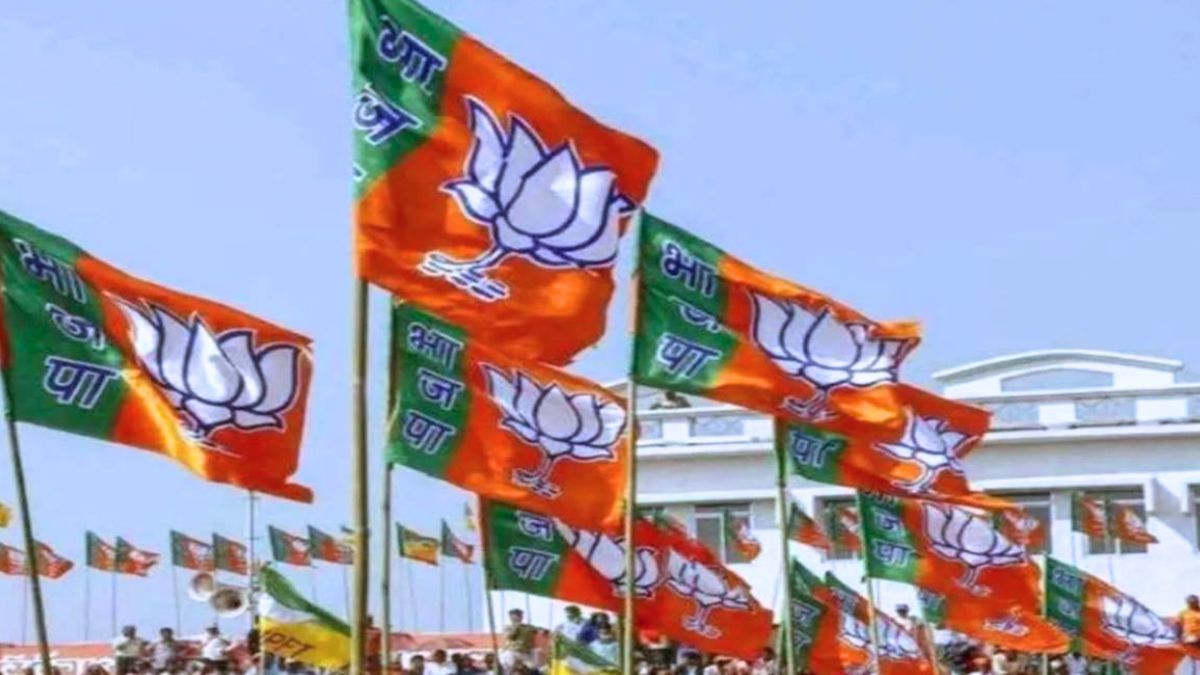The Uttar Pradesh BJP’s request to postpone the upcoming by-elections highlights a complex interplay between electoral processes and religious observances in India. Their letter to the Election Commission, seeking a postponement from November 13th to November 20th, cites the religious significance of Kartik Purnima, a major Hindu festival, as the primary reason. This decision underscores the sensitive balancing act required when scheduling elections in a diverse nation with deeply rooted religious and cultural practices. The potential impact on voter turnout due to the festival’s overlap with the election date is central to the BJP’s argument, raising broader questions about accommodating religious calendars within electoral timelines and ensuring maximum participation in the democratic process. The consequences of both postponing and proceeding with the original date necessitate careful consideration of numerous factors, including logistical arrangements, political strategies, and potential legal challenges.
The BJP’s Plea for Postponement
The BJP’s formal request to the Election Commission focuses on the potential disruption caused by Kartik Purnima. The party argues that the festival’s religious significance, particularly the associated pilgrimages and gatherings in several districts where by-elections are scheduled, will significantly impact voter turnout on November 13th.
Religious Significance and Voter Turnout
The letter emphasizes that many individuals travel several days in advance to participate in the Kartik Purnima festivities in locations such as Kundarki, Meerapur, Ghaziabad, and Prayagraj. This mass movement of people, the BJP contends, will prevent a substantial number of eligible voters from participating in the election, thereby compromising the integrity of the democratic process. The party’s concern is not just about reduced participation, but the unequal distribution of voters possibly affected. Some localities may see dramatically less participation than others. This imbalance could be challenged later, impacting electoral results. This also speaks to a broader concern about inclusivity in elections.
Strategic Implications of the Date Change
The timing of the BJP’s request is also strategically important. While presented as a concern for voter turnout, the proposed postponement could benefit the party in ways less overtly religious in nature. Shifting the date alters the political climate, allowing more time for candidate announcements and mobilization, potentially influencing campaign effectiveness. The BJP is expected to finalize its candidates only after intensive discussions with its top leaders, which, by extension, gives more time to handle possible controversies as well.
The Election Commission’s Dilemma
The Election Commission now faces a significant decision. Postponing the election necessitates a careful assessment of several factors, from logistical constraints and potential cost overruns to the implications for the overall electoral schedule. Delaying the elections risks delays further down the line for multiple reasons; some legal issues must be addressed if elections are shifted. While they would ideally work to ensure 100% voter turnout, it is simply not possible and that this scenario may arise is part of the planning and logistics involved in election administration.
Logistical Challenges of a Postponement
Rescheduling involves a massive logistical operation, including re-allocating resources, updating voter information, and potentially adjusting campaign timelines. This complexity isn’t limited to just the election commission. The candidates as well as political parties also need additional time for the reorganisation and reallocation of resources.
Legal and Procedural Considerations
Any decision to change the election date must adhere strictly to legal frameworks and electoral regulations. There are likely processes and timetables that must be followed to ensure that the election is lawful and fairly administered. In a constitutional democracy, this is not something that can simply be ignored even if the reason seems practical enough to postpone.
The Broader Context: Religion and Elections in India
The Uttar Pradesh by-election situation highlights a recurring theme in Indian elections: the delicate balance between religious practices and the electoral process. Balancing these is a matter of careful planning and logistics which considers several moving pieces. Elections must be held under legal conditions as dictated by national law.
Navigating Religious Calendars
India’s diverse religious landscape demands sensitivity in election scheduling, particularly to minimize the impact of religious festivals and events on voter participation. Such instances inevitably create debate around secular versus religious issues, further complicating election administration. While postponements might sometimes be necessary, a potential downside is their effect on establishing reliable patterns of conduct for such occasions, making matters more complex overall for managing future elections.
Ensuring Fair and Inclusive Elections
The paramount concern remains to ensure all eligible voters have equal opportunity to exercise their franchise, irrespective of religious beliefs or practices. The Election Commission’s task is thus to ensure that electoral arrangements cater for these kinds of foreseeable clashes in timing. However, balancing voter turnout with maintaining electoral timelines and respecting established procedures is not a simple matter and is further compounded when potentially impacting larger issues of secular governance as the religious-based demands in the case create a visible division along such lines.
Takeaway Points
- The Uttar Pradesh BJP’s request highlights the intricate relationship between religious observances and the electoral calendar in India.
- The Election Commission faces a complex decision balancing logistical challenges, legal requirements, and the need for inclusive elections.
- Postponing the election necessitates careful consideration of practicalities, costs, and implications for fair representation.
- This case underscores the recurring need to balance religious considerations and fair, democratic participation in Indian elections.
- The event exposes the need for improved coordination in India for managing foreseeable overlaps in election timelines and religious event schedules.









